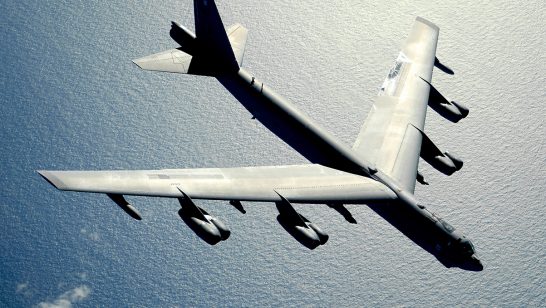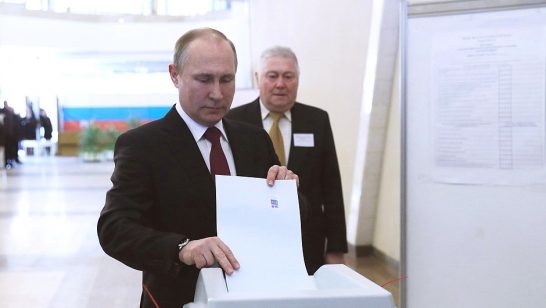On Sunday 26 February 2017 ELN Research Fellow Thomas Frear took part in a panel discussion hosted by the Brookings Doha Center (BDC), devoted to discussing the motives fueling Russia’s foreign policy.
The panel included Andrey Kortunov, director-general of the Russian International Affairs Council; Majed al-Turki, president of the Center for Media and Arab-Russian Studies; and Thomas Frear, research fellow at the European Leadership Network. Beverley Milton-Edwards, visiting fellow at the BDC, moderated the event, which was attended by members of Doha’s diplomatic, academic, and media community.
According to the Brookings post-panel report, Thomas Frear noted that the West should not be perceived as a single actor, but as a multiplicity of players that act both as states and as multinational organizations. Therefore, Western appraisals of Russian foreign policy are not monolithic. Nevertheless, the Russian intervention in Ukraine and the subsequent annexation of the Crimean peninsula marked a major change in European security. This was the first time a European state added to its national territory through military action since World War II. The action thus challenged a host of international accords aimed at preserving global stability and spurred a number of military deployments and a cycle of sanctions and counter-sanctions throughout Europe. This explains the West’s general wariness and opposition to Russia’s foreign policy, including in the Middle East.
Thomas noted that the election of Trump adds an aspect of uncertainty to this complex situation. While Trumps’ promises of better cooperation on Syria may have been welcomed by Russia, his remarks about expanding U.S. missile defenses focused on Iran and North Korea and his hostility toward the Iranian nuclear deal were most certainly not. Overall, any attempts to improve relations between Russia and the West, come with the caveat of an expectation that Russia will abide by its obligations under international law.
The current conflict, Thomas continued, has brought to surface the underlying differences between Russia and the West in interpreting international law. The two parties virulently disagree on matters such as self-determination and the right to intervene in the affairs of a sovereign state. Unfortunately, those differences will continue to pit Russia and the West against each other for the foreseeable future.
You can watch the panel discussion below:



